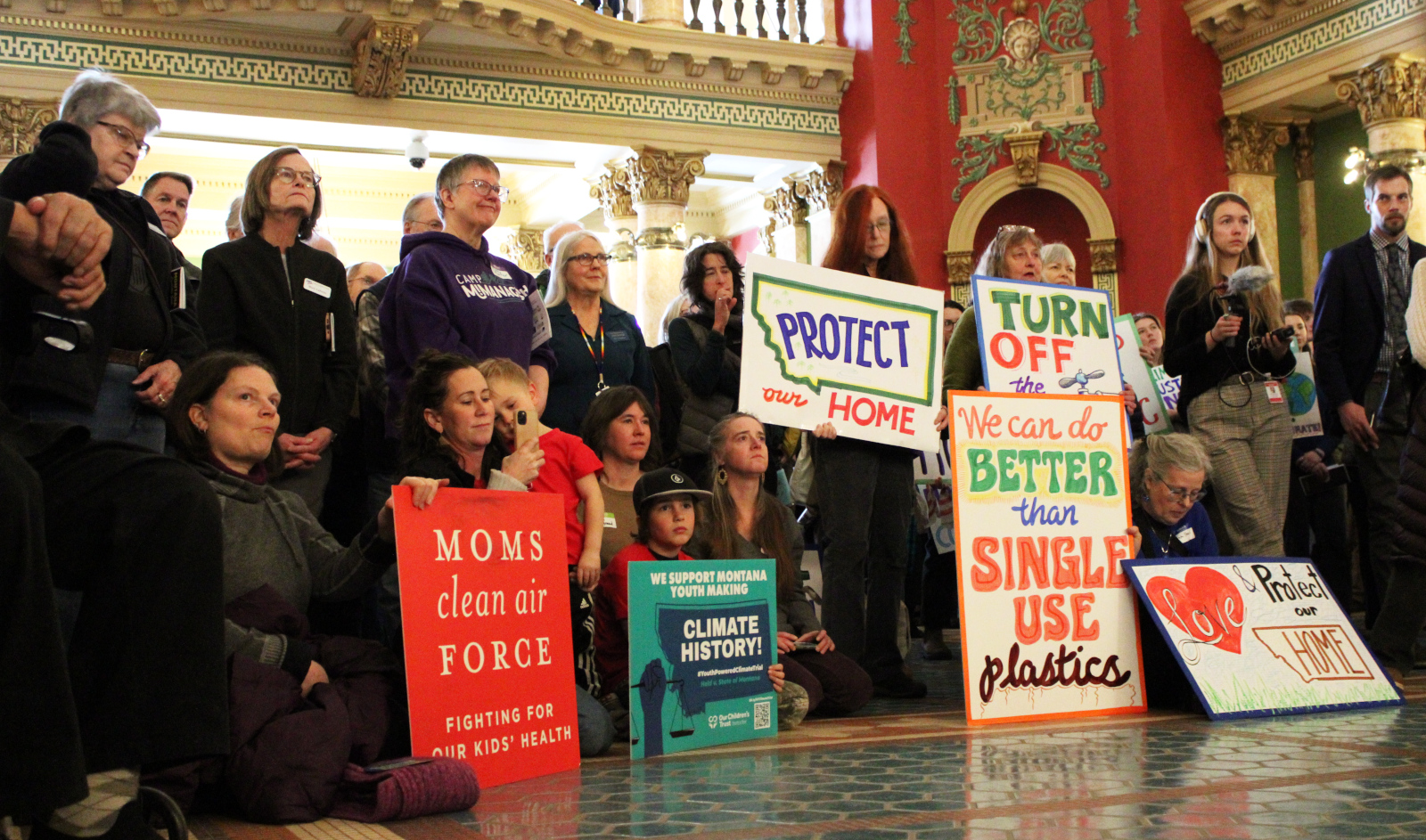Montana's Green Rulebook: A Landmark Shift in Environmental Governance

The path forward hinges on the Legislature's upcoming deliberations, with several proposed bills poised to refine and clarify the existing procedural framework. Lawmakers are carefully examining potential modifications that could provide additional guidance and structure to the current statute, signaling a nuanced approach to potential legal reforms.
